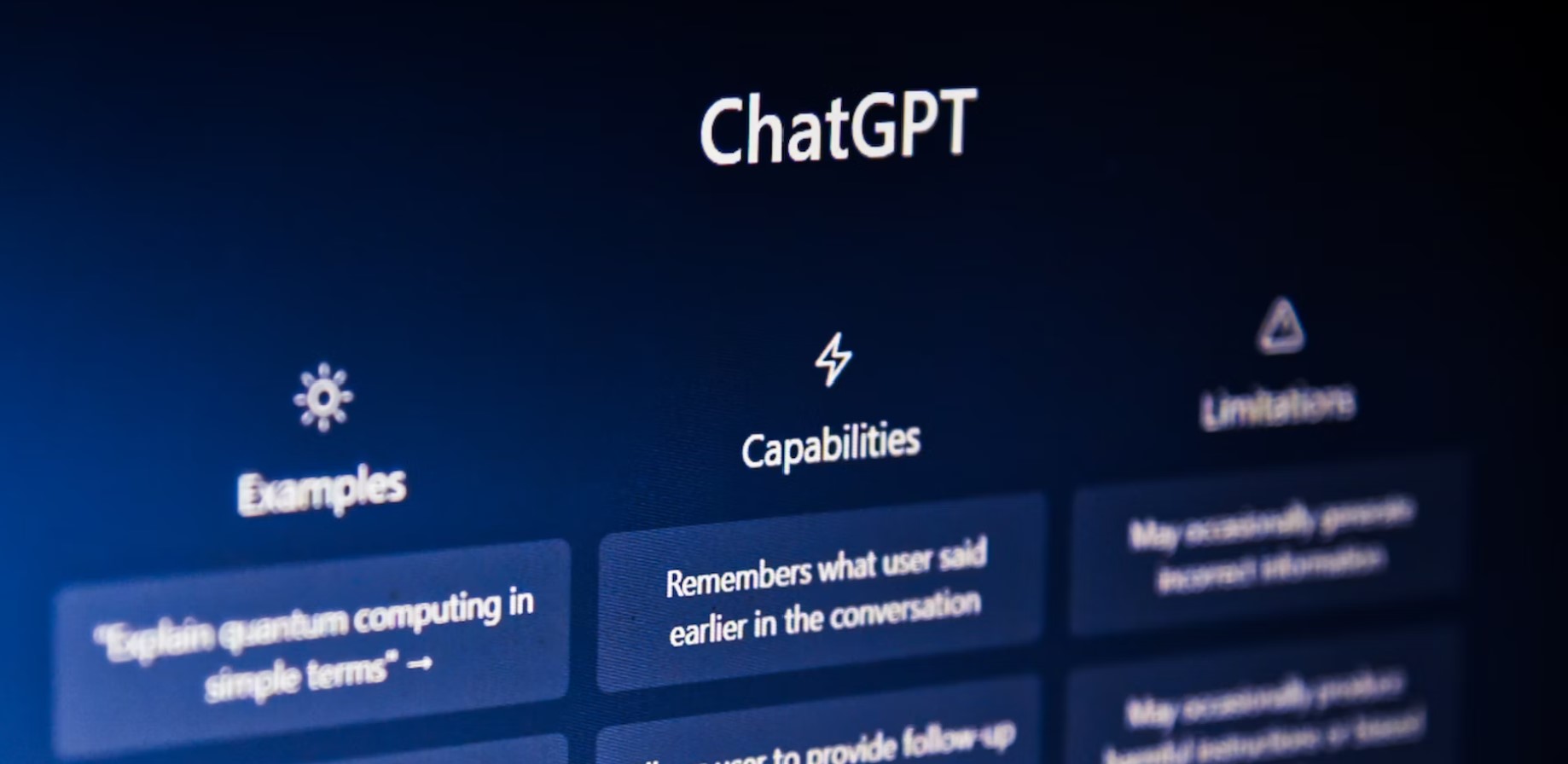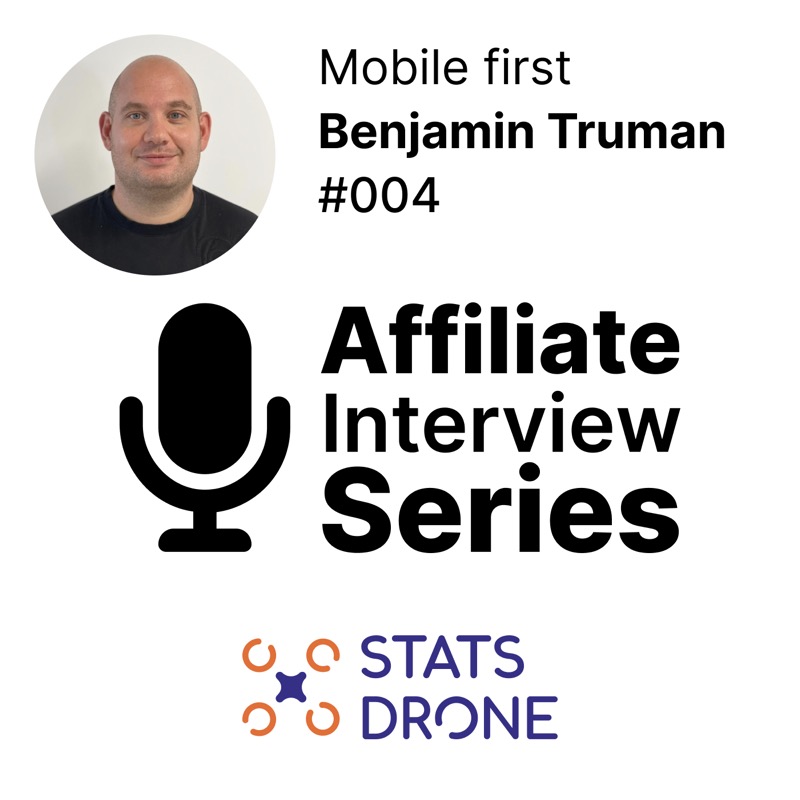ChatGPT vs. SEO: is AI taking over content creation?

Artificial intelligence is everywhere, from the new digital art to the creation of texts automatically to machines capable of emulating, to a certain extent, the way humans learn and relate to such learning.
The creation of (written) content is one of the fields where artificial intelligence has been increasingly involved, as the idea of a machine being able to create texts that go as far as using AI for blogging, or have conversations that feel "human" has been on the minds of many pioneers for several years.
Recently, however, this "humanity" has been achieved by creating dialogues, texts, and interactions between AI and humans.
You have probably heard mention of ChatGPT, a powerful tool capable of understanding instructions, relating what you teach it to what it knows, and remembering instructions or past conversations.
This tool has given a lot to talk about, especially for content creators (blogs) and SEO specialists.
But is ChatGPT a revolution that will change SEO, or is it another tool we can use to create content more efficiently?

Search Engine Optimization (SEO): a glance at its current landscape
SEO is the composition of techniques and strategies implemented to any digital content that seeks to be positioned in a search engine, generally, the Google browser.
A great variety of these techniques and strategies are implemented to achieve that a web page is positioned among the first results when performing a search; one of the best-known is "link building."
This technique seeks to improve a page's ranking through internal or external links to reliable sources of information (websites already established or recognized for their integrity and accuracy).
However, the created content takes a back seat in searching for a better position and focusing only on techniques or tools (although it sounds contradictory).
This is where the "revolution" of using ChatGPT in creating content and how it affects conventional positioning techniques in search engines is observed.
ChatGPT: a way to create organic and sharable content
The idea of using ChatGPT for content creation is to give back the protagonism to the created content.
To make it something unique and original that allows connecting again with the audience that consumes it, and that this, in turn, is the spokesperson of the information, that is to say, to share it.
In this way, ChatGPT could be classified as a source of organic growth due to its virtues, which we will discuss later in this article.
However, the simple fact of returning the focus to content rather than strategy does not necessarily become synonymous with an "extinction of SEO" but rather an optimization of something that naturally seeks to be as optimal as possible.
ChatGPT as an addition to SEO
Despite the widespread belief that Google has no way of knowing when a person created content and when it was created by artificial intelligence, the reality is that there are several ways to learn.
This problem has been solved previously; even when the tools were more rudimentary and less polished, the issue of recognizing a text's origin has been investigated (and solved) for several years.
Beyond whether or not it is possible to recognize these texts, it is essential to know whether or not they are accepted according to the guidelines of search engines, in this case, Google.
In 2022 John Mueller, who helps coordinate Google Search's efforts, confirmed that automatically generated texts fall into the same category as "spam" as they lack the necessary human value.
ChatGPT should lean towards something other than being a tool that automatically generates any blog post or writes the article you need, but it should be used to facilitate such creative work.
ChatGPT should complement SEO strategies and techniques (such as link building) to generate valuable and accurate content that, in turn, can connect with the target audience and be shared by them.
Now, let's look at the ways ChatGPT can optimize SEO.
Using ChatGPT to boost SEO
ChatGPT is designed to learn as it interacts with the user, and while it is necessary to be quite detailed and thorough when explaining complex tasks, once you know how to do it, it will be a great help.
In the case of creating content for blogs or web pages, although you shouldn't let it write everything for you (remember, it goes against Google's guidelines), it can get you out of trouble and motivate your creativity.
Here are three (3) ways to use ChatGPT to improve your content, no matter who you're targeting or what industry you're in.
Ideas for content creation
Being stuck and needing to figure out what to write is the number 1 problem of all content creators.
With a few simple commands, you can ask ChatGPT to help you find ideas on the topic you want.
While it can write the entire article for you, it's best to use it only for inspiration and not for copying.
Titles and Keywords
If you already have a finished article but can't come up with a catchy title, you can copy it into the chat and ask ChatGPT to give you a list of titles.
On the other hand, you can also tell that you need to find keywords, even before you write the topic so that you know it will be optimized when you finish it or when you go to supplement it with your SEO techniques.
Search intent understanding
Although trying to predict what users search for is familiar (Google has been doing it for many years), ChatGPT aims to take this prediction to the next level.
This tool, still under development, will allow you to know what users are asking about a specific topic and how they are asking it.
For those who create online content, knowing what the public is asking gives a massive advantage because directly answering that question makes positioning a web page much more straightforward.

ChatGPT & SEO the best teamup!
Content creation, both online and offline, should be engaging, entertaining, informative, helpful, and, above all, accurate.
While it is true that AI is increasingly modifying the digital world we know as the Internet, the reality is that they are simply tools that want to make our lives much more manageable.
In this sense, SEO will not disappear, but it must evolve to not become obsolete. That evolution comes with the massive amalgam of tools that indirectly offers us something like ChatGPT.
Using everything you have in your favor and always remembering that search engines reward "human" content, you will find that combining AI with what you already know about SEO is simply natural.


